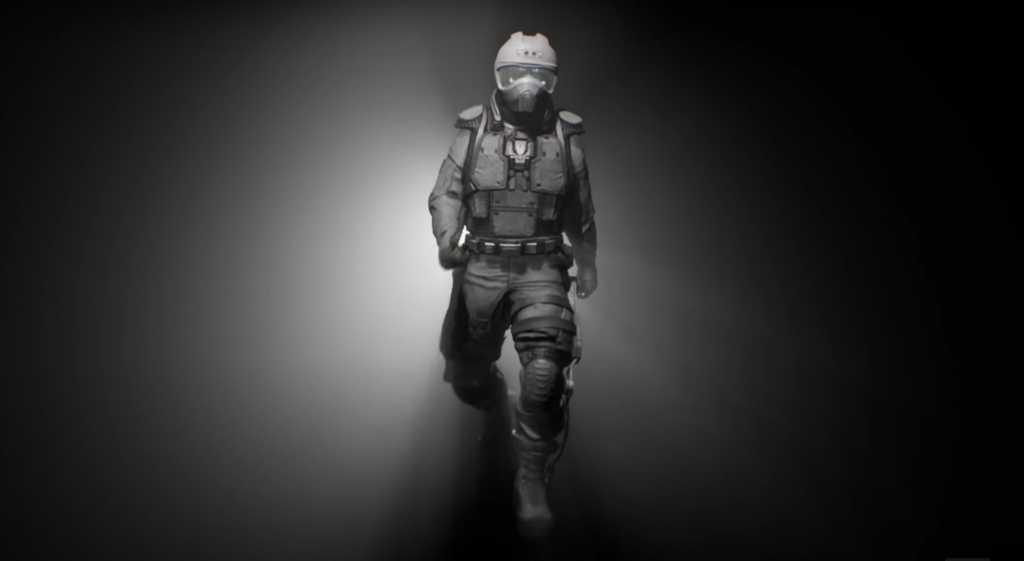A U.S. Army video shows its concept of the soldier of the future. At first glance, it looks like it will only be a better-equipped soldier.
But the video mentions “neural enhancement.” That can mean a brain implant that connects a human to computers. The defense agency DARPA has been working on an advanced implant that would essentially put the human brain “online.” There could also be eye and ear implants and other circuitry under the skin to make the optimal fighting machine.
Americans will have to decide whether this is ethical because some in our military clearly want it.
The super soldiers of the future could simply have enhanced abilities, or they could be part man and part machine; what are known as cyborgs.
The former Director of National Intelligence John Ratcliffe has warned that China is already developing biologically enhanced “super soldiers,” using “unethical” medical experiments.
China expert Gordon Chang says, “This is a big effort on the part of the Chinese government, and it is really horrifying.”
Chang says it’s part of a Chinese government plan to create a “master race”, through genetic editing, “which is far more intelligent than the rest of humanity. And with super soldiers, they’d be stronger, less susceptible to pain, just better soldiers. This is eugenics. This is creepy.”
“There are no ethical standards,” Chang says, “There are no laws. The Chinese regime believes in general that it can do what it wants.”
And now the French military has been given the go-ahead to also create so-called “augmented soldiers.”
The super-soldier of the future will run fast, need little sleep, and little to eat or drink. And they’ll be able to fight much longer than ordinary humans.
But should we do it? George Lucas, who has taught military ethics to America’s naval officers as Professor Emeritus at the U.S. Naval Academy, says ethical concerns lag behind this new technology.
“It always does,” Lucas says, “And the only question is, ‘how far?'”
Lucas is concerned that future military recruits could be pressured to accept computer parts into their bodies. He believes they should be allowed to refuse them.
“I think the further into these more exotic technologies you go and the more the risks are not known, the more you must at least rely on volunteerism, if not as much informed consent,” Lucas says.
But the challenge for the United States is that even if we put ethical limits on the super-soldier of the future, it’s likely our adversaries, like China, will not.


